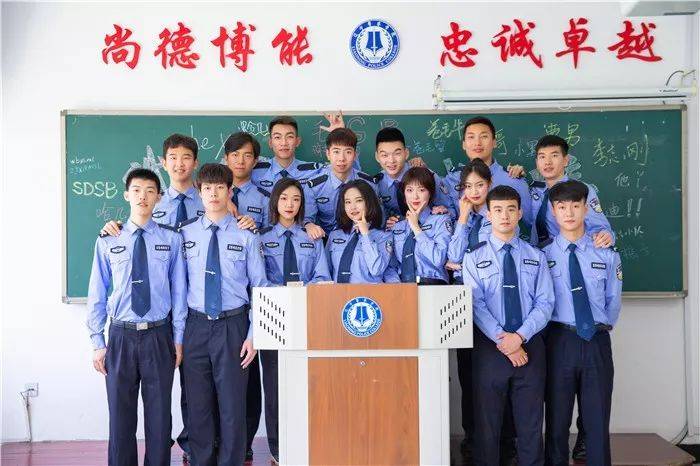口译
Language interpretation is the practice of facilitating oraland sign-language communication, either simultaneously orconsecutively, between two or more users of different languages.Functionally, interpreting and interpretation are both descriptive words for this process.In professional practice, interpreting denotes the act offacilitating communication from one language form into its equivalent,or approximate equivalent, in another language form. Interpretationdenotes the actual product of this work, that is, the message as thusrendered into speech, sign language, writing, non-manual signals, orother language form. This important distinction is observed to avoidconfusion.Functionally, an interpreter is a person who converts athought or expression of a source language into an expression with acomparable meaning in a target language in "real time". Theinterpreter's function is to convey every semantic element (tone andregister) and every intention and feeling of the message that thesource-language speaker is directing to the target-language recipients.
翻译Translation is the interpreting of the meaning of a text and the subsequent production of an equivalent text, likewise called a "translation," that communicates the same message in another language. The text to be translated is called the source text,and the language that it is to be translated into is called the targetlanguage; the final product is sometimes called the target text.Translation, when practiced by relatively bilingual individuals but especially when by persons with limited proficiency in one or both languages, involves a risk of spilling-over of idioms and usagesfrom the source language into the target language. On the other hand,inter-linguistic spillages have also served the useful purpose ofimporting calques and loanwordsfrom a source language into a target language that had previouslylacked a concept or a convenient expression for the concept.Translators and interpreters, professional as well as amateur, havethus played an important role in the evolution of languages and cultures.[1]The art of translation is as old as written literature. Parts of the Sumerian Epic of Gilgamesh, among the oldest known literary works, have been found in translations into several Southwest Asian languages of the second millennium BCE. The Epic of Gilgamesh may have been read, in their own languages, by early authors of the Bible and of the Iliad.[2]
口译与翻译的区别?英文的~~~~
教育动态2021-05-18 07:24:39admin2
上一篇:
《物质幽灵》最新txt全集下载
下一篇:
翻译,同声传译,口笔译有什么区别






